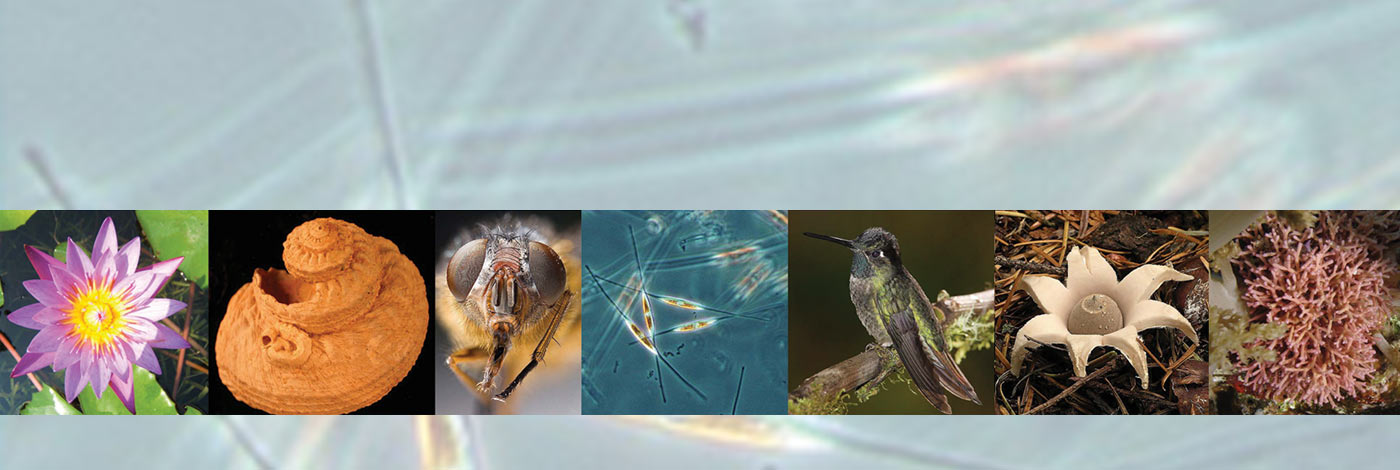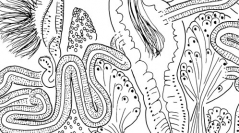

 European Journal of Taxonomy
2017 (361) - Pages 1-46 (EJT-361)
European Journal of Taxonomy
2017 (361) - Pages 1-46 (EJT-361)Two formerly monotypic lumbriculid genera, Guestphalinus Michaelsen, 1933 and Kincaidiana Altman, 1936, are reviewed using morphological and molecular data, following the discovery of new northwestern, Nearctic species. Several populations of Kincaidiana hexatheca Altman, 1936 were examined, and both morphology and DNA data suggest a single, variable species in Pacific drainages extending from northern California through Washington, USA. Specimens of Kincaidiana from the Smith River drainage with a single, median atrium and differing genetically from K. hexatheca are assigned to K. smithi sp. nov. The chaetal morphology of North American Guestphalinus populations is variable, and two basic morphotypes are assigned to G. elephantinus sp. nov. and G. exilis sp. nov. This decision is supported by molecular data. The tree topology, based on the mitochondrial 16S rRNA and Cytochrome Oxidase I (COI), and the nuclear 28S rRNA gene sequences, confirmed the close phylogenetic relationships among the Nearctic Guestphalinus, Kincaidiana and Uktena Fend, Rodriguez & Lenat, 2015. Probable synapomorphies associating these genera include a filiform, ringed proboscis, a forward shift of reproductive organs relative to the usual position in the family, and spermathecae in the atrial segment.
Taxonomy, new taxa, Clitellata, Lumbriculidae, Kincaidiana, Guestphalinus.